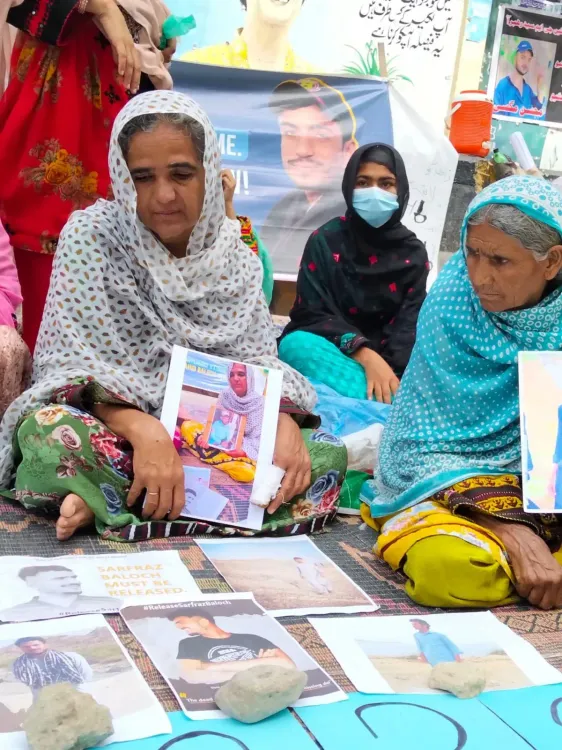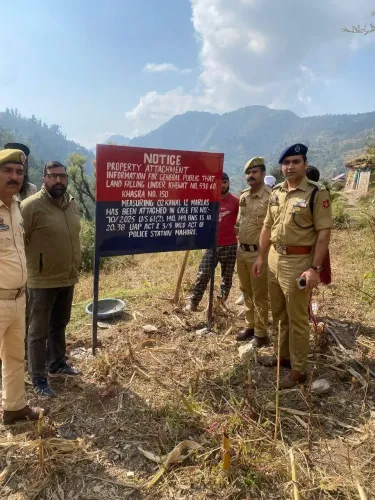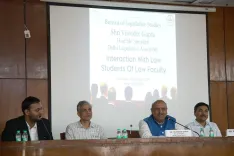Why Are International Organisations Criticizing Pakistan for Rising Enforced Disappearances?

Synopsis
Key Takeaways
- Enforced disappearances continue to rise in Pakistan.
- Families face severe psychological and social consequences.
- International organizations are urging immediate action.
- Accountability for perpetrators is crucial for justice.
- Grassroots movements document numerous cases of disappearances.
Islamabad, Aug 30 (NationPress) On the occasion of the International Day of the Victims of Enforced Disappearances, multiple global human rights and civil society organizations gathered on Saturday to spotlight the systematic failures of Pakistani authorities in addressing the escalating issue of enforced disappearances. They urged local officials to deliver truth, justice, and reparations to victims and their families.
“Enforced disappearances have a profound impact on families and entire communities, especially when targeting ethnic minorities. These incidents adversely affect the mental and physical health, economic stability, and security of families, leading to stigma and social isolation. Furthermore, families and activists advocating for the return of their loved ones often face surveillance, harassment, and threats from Pakistani authorities,” stated a joint message from eight human rights and civil society organizations.
Referring to official statistics from the Commission of Inquiry on Enforced Disappearances (COIED), established by the Pakistani government, the rights groups highlighted that a total of 10,592 cases were logged from 2010 to August 2025. According to COIED, 1,017 were referred to internment centers, 4,776 individuals returned home, 706 were found in prisons, and 293 were reported extrajudicially killed or discovered dead. Another 1,978 cases were dismissed as not qualifying as enforced disappearances.
As of August 2025, there are 1,837 unresolved cases, with 140 new cases reported to COIED alone. “This absence of compliance and accountability not only renders the commission ineffective but also exacerbates the trauma for families, leaving them with official documents but no justice,” the signatories contended.
Grassroots and regional movements echoed this dire situation, with the Baloch Yakjehti Committee (BYC) reporting 546 cases of enforced disappearances in Pakistan from January to July 2025. Furthermore, the Pashtun Tahafuz Movement (PTM) has recorded 133 cases, while Voice for Missing Persons of Sindh has reported 40 cases during the same period.
Moreover, the rights organization Defence of Human Rights (DHR) has chronicled 3,140 cases since 2006, out of which 1,362 victims remain forcibly disappeared, with 32 new cases documented in 2025.
“Peaceful demonstrations organized by families of the disappeared frequently face state repression, resulting in arbitrary arrests and unlawful force. Enforced disappearances are routinely employed by Pakistani authorities as a means to target dissidents and human rights defenders, with numerous cases documented by local civil society organizations,” the joint statement further noted.
The eight organizations called upon the Pakistani government to immediately cease the practice of enforced disappearances, bring all suspected criminals to justice in fair trials within ordinary civilian courts, and provide truth, justice, and reparations to victims and their families.









